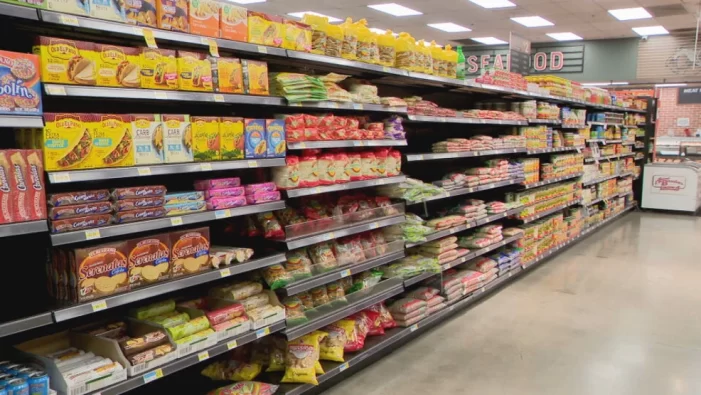The U.S. faces mounting tension as discussions around government shutdowns point to a significant disruption in Supplemental Nutrition Assistance Program (SNAP) benefits. The potential halt of SNAP payments, vital for over 40 million Americans, is stirring public outrage, leading many to express concerns and frustrations on social media platforms like TikTok.
The Voice of SNAP Beneficiaries
Social media has become a battleground where SNAP beneficiaries voice their fears about looming disruptions. A viral TikTok video showed a desperate mother declaring, “It is the taxpayer’s responsibility to take care of my kids,” highlighting the emotional burden faced by many families reliant on this government assistance. Similarly, another user questioned, “How am I supposed to feed my seven children?” casting a spotlight on personal accountability versus public responsibility.
The situation sheds light on deeper societal issues. As Fox News reports, these are not isolated incidents, and the expectations placed on taxpayers and government systems stir heated debate over welfare dependency and societal obligations.
A Divided Public Opinion
Social Media’s Role in Amplifying Anger
Platforms like TikTok and Instagram have given voice to frustration, with videos showing individuals confront grocery store staff, threatening actions like shoplifting if benefits are interrupted. Some users are seen “bum-rushing” supermarkets, with stories of employees overwhelmed by the chaos. It paints a grim picture of societal breakdown driven by policy decisions.
The media coverage of these events emphasizes a growing divide in public opinion, pointing out the stark differences between those who use SNAP genuinely and others who exploit the system. Amir Odom, a prominent conservative commentator, highlights this dual nature of SNAP utilization, suggesting some treat it “like a side hustle.” Such perspectives echo across social media, amplifying societal and political divides.
The Policy Behind the Panic
Understanding the “Big Beautiful Bill”
At the heart of this brewing storm is a policy update named the “Big Beautiful Bill.” The update enforces stricter work requirements for able-bodied individuals on SNAP benefits and excludes internet costs from allowable household expenses. These measures aim to reduce fraud and promote financial independence but have inadvertently set the stage for controversy and backlash.
According to the U.S. Department of Agriculture, as highlighted by Fox News, these policy changes are meant to streamline the program, but they risk leaving vulnerable families without a safety net, especially during a government shutdown.
Legal Challenges and Political Reactions
Amid these changes, several states have resorted to legal action against the administration, challenging billions in looming cuts to SNAP. This legal avenue reflects the scale and seriousness of the impact these policy changes could have on millions of Americans.
Senator Chuck Schumer and other Democrats have openly criticized the policy’s impact, calling the potential SNAP shutdown a “bull—-” move by the administration, as reported by Fox News. The political debate underscores the complexity of balancing fiscal responsibility with social welfare.
Conclusion: Navigating the SNAP Storm
The ongoing SNAP debate is more than just a policy dispute; it is a mirror reflecting America’s socio-political dynamics. As the government debates its next steps, millions wait in uncertainty, grappling with the potential fallout of disrupted benefits. It is crucial for policymakers to address these concerns promptly, ensuring that basic needs are met without compromising integrity or further deepening societal divides.
With the nation’s eyes keenly focused on the outcome of these discussions, the future of SNAP and its beneficiaries remains an urgent and pressing matter.

